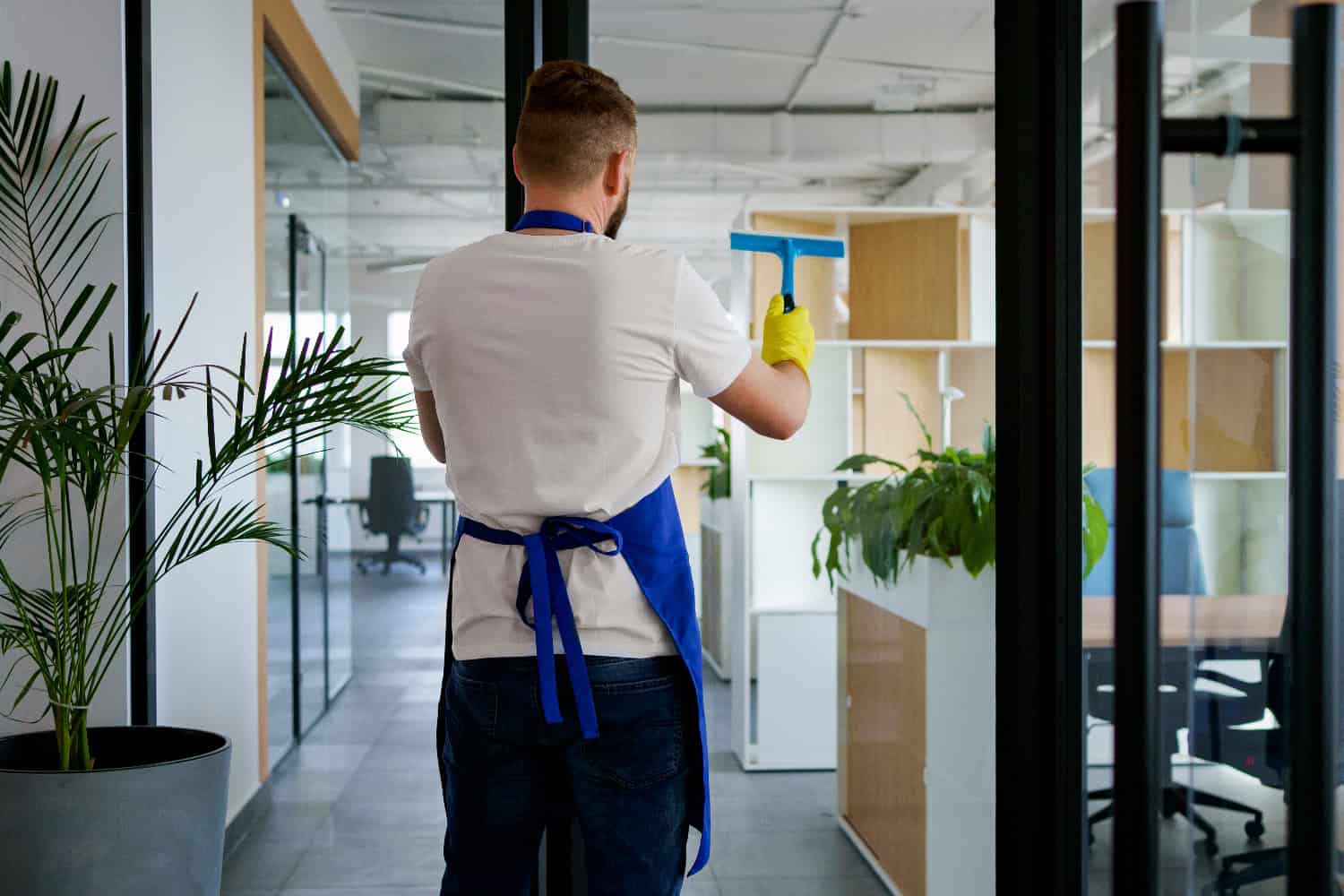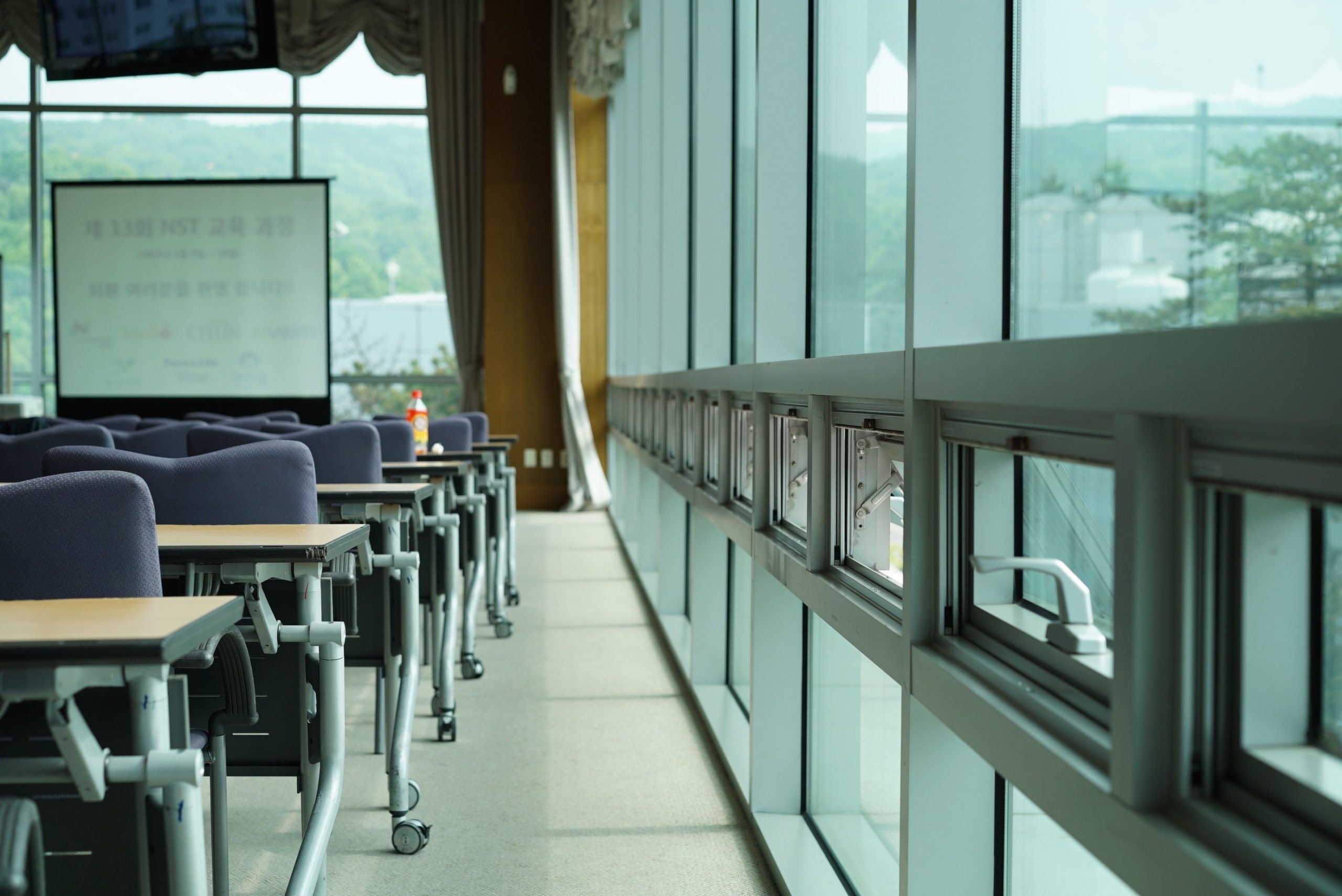How Seasonal Allergies Affect Employees and What Businesses Can Do About It
Spring Is Beautiful—But Not for Everyone
Spring brings blooming flowers, longer days, and warmer temperatures. For many, it’s a season of renewal and joy. But for employees dealing with seasonal allergies, it’s less about sunshine and more about sneezing fits, itchy eyes, and relentless fatigue.
Now, picture this happening across your office. Allergy symptoms can make it difficult for employees to focus, leading to productivity dips and morale issues. It’s not just an individual problem—it’s a workplace challenge.
The good news? With a few proactive steps, businesses can reduce allergens in the workplace and create a healthier, more comfortable environment for everyone.
The Allergy Culprits Hiding in Your Office
When we think of allergies, we often imagine outdoor triggers like pollen drifting through the air. But allergens don’t stop at your office door—they sneak inside and settle into every corner. Here are the most common culprits:
- Carpets and Rugs: Dust mites, pollen, and other particles love to hide in carpet fibers and rugs brought in from outside.
- HVAC Systems: Poorly maintained HVAC systems can circulate mold spores and dust throughout the building.
- Shared Spaces: Breakrooms, meeting rooms, and other high-traffic areas often harbor allergens due to frequent use.
- Dusty Corners: Neglected areas like storage rooms or vents accumulate dust and become hotspots for allergens.
These hidden irritants often go unnoticed until allergy season hits—by then, it’s too late, and employees are sneezing their way through meetings.
Why Businesses Should Care About Allergies
You might think seasonal allergies are a personal health issue—but in reality, they can have a significant impact on your workplace. Here’s why businesses should take notice:
- Productivity Takes a Hit: Employees distracted by sneezing, watery eyes, or fatigue aren’t performing at their peak. Studies show allergies can reduce productivity by up to 10%.
- Absenteeism Adds Up: Severe allergy symptoms can lead to more sick days or doctor visits during spring months.
- Employee Satisfaction Matters: A workplace that prioritizes employee health fosters loyalty, morale, and overall satisfaction.
Investing in an allergy-friendly environment isn’t just good for employees—it’s good for business.
Simple Solutions for a Healthier Workplace
Reducing allergens doesn’t mean reinventing your office space. Small but impactful changes can make a world of difference during allergy season.
1. Upgrade Your Air Quality Game
Airborne allergens like pollen and dust mites often top the list of workplace irritants. Improving your office’s air quality is one of the easiest ways to help employees breathe easier.
Key Actions:
- Replace HVAC filters regularly (at least every 3 months).
- Invest in HEPA filters to trap tiny particles more effectively.
- Add portable air purifiers in high-traffic areas for extra protection.
Pro Tip: Clean air isn’t just good for allergy sufferers—it boosts overall employee health and focus.
2. Show Carpets Some Love
Carpets may look clean at first glance but often hide allergens deep within their fibers. Keeping them fresh is essential during peak allergy season.
Key Actions:
- Schedule professional deep-cleaning services to remove embedded dust and pollen.
- Vacuum carpets regularly with vacuums equipped with HEPA filters.
- Opt for low-pile carpets or washable rugs that are easier to maintain.
Pro Tip: A clean carpet not only reduces allergens but also enhances your office’s overall appearance.
3. Rethink Cleaning Products
Did you know that scented cleaning products can trigger respiratory allergies? Switching to hypoallergenic alternatives ensures cleanliness without irritating sensitive employees.
Key Actions:
- Use fragrance-free cleaning supplies for daily maintenance.
- Avoid aerosols or sprays that linger in the air too long.
- Opt for allergen-reducing cleaners designed for sensitive workplaces.
Pro Tip: Cleaning products should work for you, not against your team’s health.
4. Keep Shared Spaces Spotless
Shared spaces like breakrooms and meeting rooms are prime spots for allergen buildup due to heavy use. A little extra attention here goes a long way.
Key Actions:
- Wipe down surfaces daily with allergen-reducing cleaners.
- Provide disinfectant wipes so employees can clean personal spaces like desks or chairs.
Pro Tip: A clean shared space boosts not just health but also employee morale.
5. Educate Your Team
Sometimes, small habits can have a big impact on managing allergies in the workplace. Make sure your team knows how to protect themselves during allergy season.
Key Actions:
- Encourage employees to wash their hands after being outdoors to avoid bringing allergens inside.
- Share tips on keeping windows closed during high-pollen days or using personal air purifiers at desks.
- Foster open communication so employees feel comfortable discussing their needs.
Pro Tip: Empowered employees are healthier employees!
A Little Effort Goes a Long Way
Seasonal allergies don’t have to disrupt your workplace if you’re proactive about addressing them. By improving air quality, deep-cleaning carpets, using hypoallergenic products, and keeping shared spaces spotless, you’ll create an environment where employees feel supported—even during allergy season.
For businesses in Minnesota looking for professional deep-cleaning services or air quality solutions, MN Services specializes in creating healthier workspaces year-round. Let us help you tackle allergens so spring feels beautiful—indoors and out!



